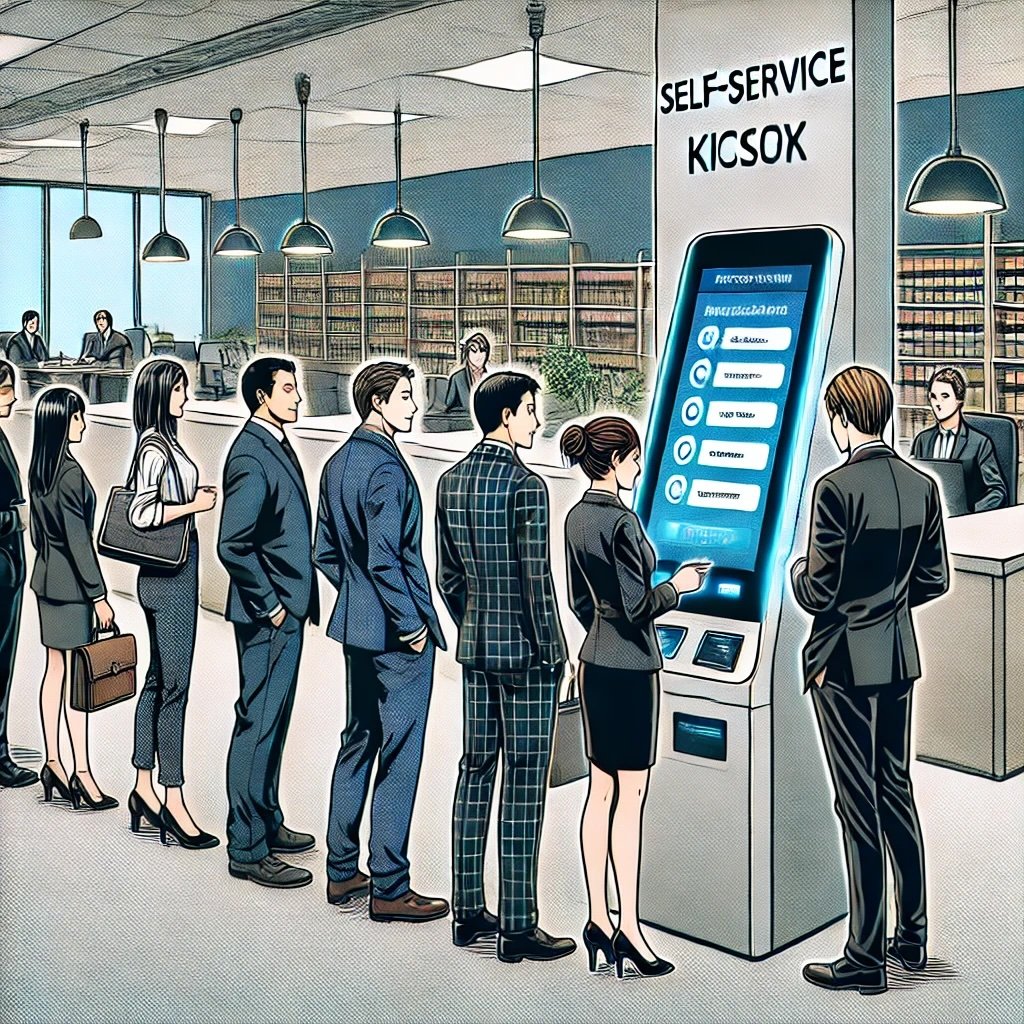🎙️ Ep. 102: From Chatbots to Generative AI – Tom Martin explores LawDroid's legal tech advancements with AI.
/Welcome back previous podcast guest Tom Martin, the CEO and Founder of LawDroid, a legal tech pioneer revolutionizing law firms with AI-driven solutions!
Today, Tom explains how LawDroid has evolved from classical AI to incorporating natural language and generative models. He highlights its hybrid platform, AI receptionists, and automation features. He discusses AI-driven legal research and document management, stressing accuracy through retrieval-augmented generation. Tom advises lawyers to see AI as a collaborator, not an infallible tool, and to manage expectations about its capabilities.
Join Tom and me as we discuss the following three questions and more!
What are the top three ways generative AI has transformed LawDroid's offerings and operations?
What are the three most critical security concerns legal professionals should consider when using AI-integrated products like LawDroid? For each situation, provide strategies to address these concerns.
What are the top three things lawyers should not expect from products like LawDroid?
In our conversation, we cover the following:
[01:31] Tom's Current Tech Setup
[05:59] LawDroid's Evolution and AI Integration
[08:36] AI-Driven Features in LawDroid
[09:47] Security Concerns in AI-Integrated Legal Products
[12:45] Addressing Security and Reliability in LawDroid
[16:33] LawDroid's Legal Research and Document Management
[18:21] Expectations and Limitations of Legal AI
[20:51] Contact Information
Resources:
Connect with Tom:
LinkedIn: linkedin.com/in/thomasgmartin
Website: lawdroidmanifesto.com/
Software & Cloud Services mentioned in the conversation:
ChatGPT: chatgpt.com/
Claude: claude.ai/
LawDroid CoPilot: lawdroid.com/copilot/
LawDroid: lawdroid.com/
Notebook LM: notebooklm.google/
Perplexity AI: perplexity.ai/
PipeDrive: pipedrive.com/














